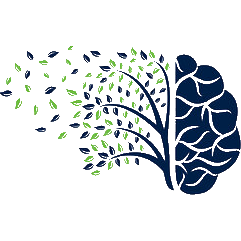Psychotherapy
Psychotherapy is a form of mental health treatment that typically utilizes talk therapy with a credentialed professional to help overcome problematic thoughts or behaviors.
Learn more: What to Know About Psychotherapy
DSM-5
The DSM is the Diagnostic and Statistical Manual of Mental Disorders. It is used by healthcare professionals to help diagnose mental health conditions. It is currently in its 5th edition.
Learn more: How the DSM Works
Freud
Sigmund Freud (1856-1939), is the most well-known figure in the history of psychology. Many of his theories, such as the unconscious mind and the theory of psychosexual development, persist in some form to this day.
Learn more: Sigmund Freud's Influence on Psychology
Motivation
Motivation is the process that guides and maintains our goal-oriented behaviors. In essence, it is the driving force behind why we choose to do certain things.
Learn more: How Motivation Drives Our Behavior
Personality
Personality refers to the thoughts, behaviors, and feelings that make a person unique. It is believed that personality stays fairly consistent throughout a person's life.
